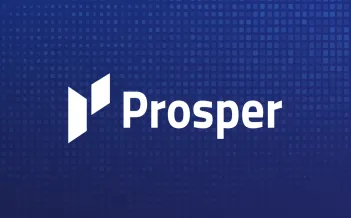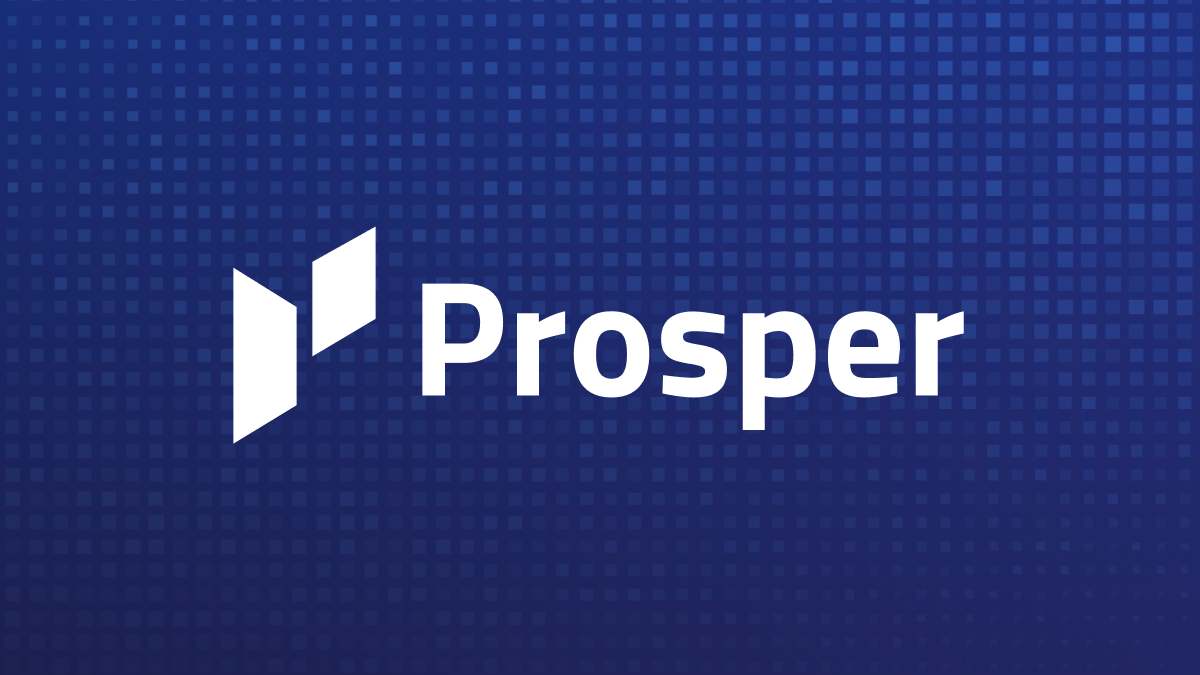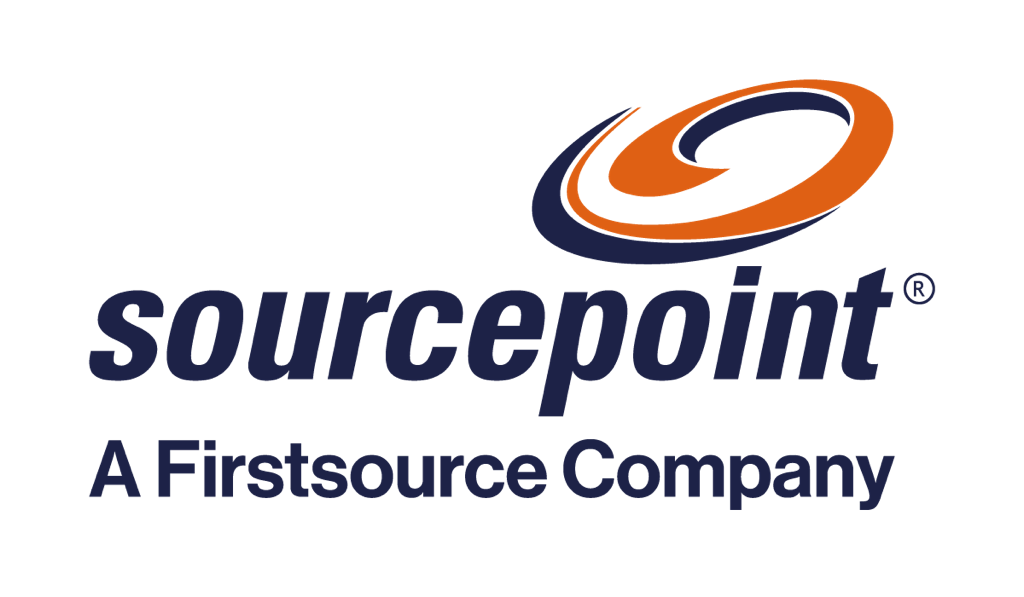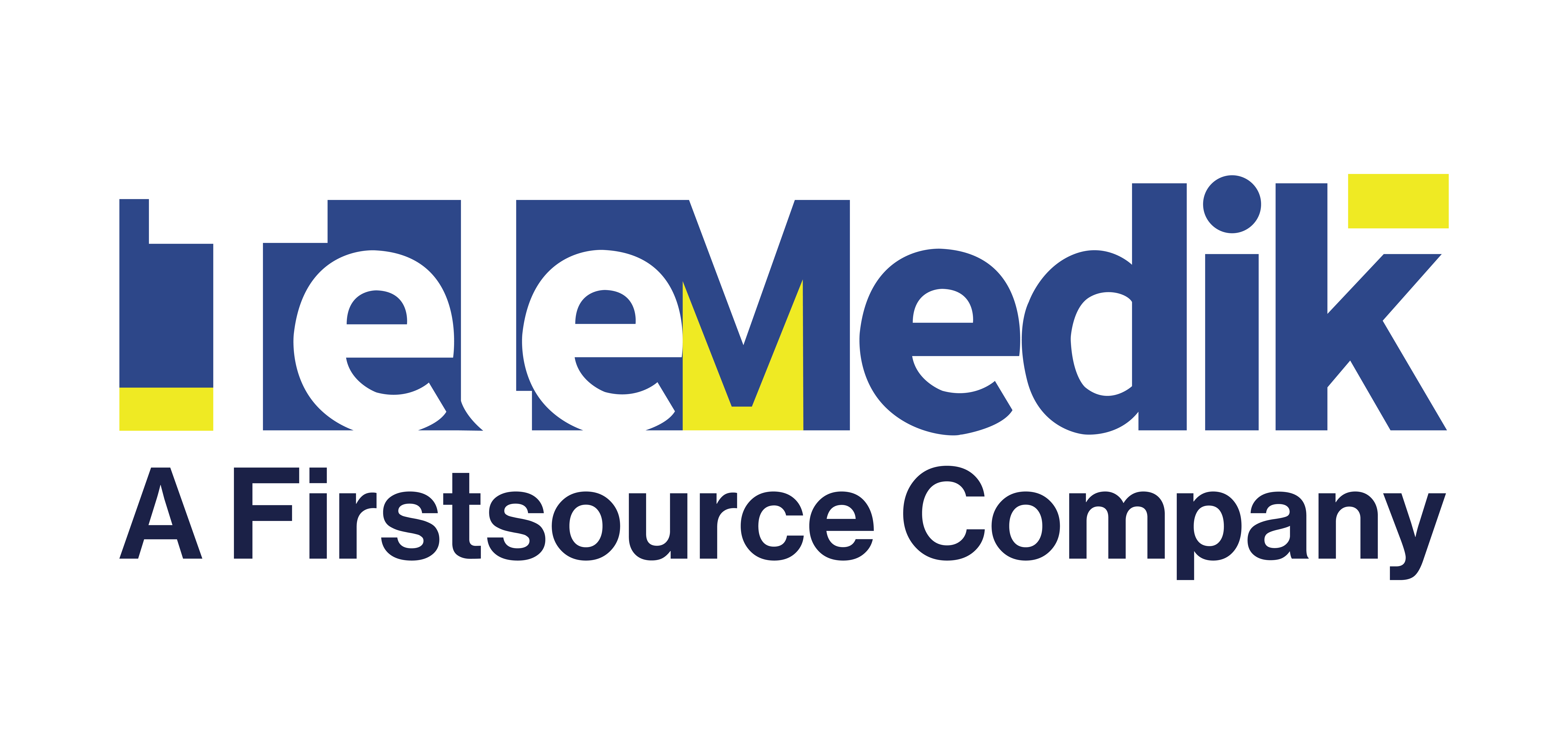How to deploy digital transformation responsibly in a regulated world
The utilities sector faces a perfect storm. Customer satisfaction has hit record lows, with the UK utilities sector scoring just 69.5 out of 100 in January 2024, the lowest of all 13 industry sectors measured. Meanwhile, rising wholesale prices are projected to increase by 19% on average between 2025 and 2028, likely resulting in higher electricity bills for consumers.
But here's the thing: this crisis also presents an unprecedented opportunity. By 2025, utilities will revisit the importance of customer experience and reinvest in customer experience as residential satisfaction levels continue to decline. The key? AI and automation are deployed not just for efficiency, but specifically to rebuild the trust that's been eroding for years.
This isn't about replacing humans with robots. It's about using technology to make utilities more transparent, more responsive, and more inclusive. When done right, AI becomes the bridge between operational excellence and human-centered service.
Why Trust Matters More Than Ever in Utilities
The Growing Trust Crisis
Let’s be honest, utilities have a reputation problem. In the UK, complaint-handling satisfaction dropped from 47% in July 2024 to just 44% in January 2025, and customer service ratings fell 10.5% compared to early 2021, reinforcing the downward trend.
But this isn't just about satisfaction scores. Trust has become a measurable business outcome directly tied to regulatory performance. Utilities do boast strong trust scores and high marks for service, but they significantly lag in establishing strong reputations for being customer or community-focused.
What's Driving the Mistrust?
The factors are interconnected and complex:
Affordability Crisis: UK energy bills reached an average of £210 monthly for a typical household in 2025, with the energy price cap rising 6.4% from the start of the year. A significant 28% of UK adults reported they were not coping financially or finding it difficult to cope, highlighting the mounting pressure on household budgets across the country.
Digital Journey Gaps: Overall customer satisfaction with the utility digital experience is 594 (on a 1,000-point scale), which compares poorly with an average satisfaction score of 718 for wealth management apps and websites.
Billing Errors and Communication Failures: Traditional systems create friction at every touchpoint, from confusing bills to long wait times for support.
Trust as a Competitive Advantage
Here's what many utilities miss: trust isn't just nice to have, it's essential for business success. Customer satisfaction is crucial for utilities because it engenders trust and loyalty, with satisfied customers more likely to trust and remain loyal to their utility providers. In an era of increasing competition and regulatory scrutiny, trust becomes the differentiating factor.
What Role Can AI and Automation Play in Rebuilding Trust?
Moving Beyond Cost-Cutting to Customer Value
The utilities industry has traditionally viewed technology through a cost-reduction lens. But UK utilities are increasingly embracing AI by implementing tools that add genuine value to customer experience rather than just automating backend processes.
This shift matters. When customers see technology improving their experience rather than replacing human touchpoints, trust begins to rebuild.
How AI Transforms Customer Interactions
Intelligent Service Enhancement: AI-powered chatbots help customer service representatives answer queries quickly and accurately, boosting their productivity, reducing cost to serve, and improving first call resolutions.
Predictive Customer Support: Northumbrian Water has created a tech platform to predict customer behaviors based on their data, analyzing entire customer journeys and recognizing where improvements are required before problems escalate.
Personalized Energy Insights: AI delivers granular visibility into a utility customer's energy usage at the appliance level, helping identify what caused high bills and providing personalized recommendations.
Vulnerability Detection and Responsible AI
One of the most powerful applications is using AI to identify and support vulnerable customers. A leading UK energy provider is utilizing AI to analyze letters, emails, SMS, and phone calls to identify where customers have highlighted financial, medical, and other vulnerabilities to enable timely intervention.
This isn't about data mining for profit; it's about using technology to ensure fair treatment and proactive support when customers need it most.
Designing Digital Journeys for Everyone
The Inclusion Imperative
Here's a sobering reality: while utilities rush to digitize, they're often leaving people behind. Despite a better overall user experience offered by mobile apps, 27% of utilities evaluated don't currently offer one.
But inclusion isn't just about having apps; it's about designing experiences that work for everyone, regardless of digital literacy, language barriers, or accessibility needs.
Building Explainable Systems
Trust requires understanding. When AI makes decisions that affect customers, like billing calculations or service prioritization, those decisions need to be explainable in human terms.
Transparency in Action: Systems should be able to answer questions like "Why is my bill higher this month?" with specific, actionable insights rather than generic responses.
Choice and Control: Customers should always have options for human interaction when needed. All generations value the personal touch of phone support, with 71% of Gen Zers surveyed likely to reach out via phone for service.
Hybrid Human-Digital Models
The goal isn't to eliminate human interaction; it's to make those interactions more valuable. AI can enhance customer satisfaction with natural, human-like interactions while reducing operational costs by automating high-volume call handling and improving agent retention by freeing them from repetitive tasks.
Real-World Success Stories: Where AI and Automation Are Building Trust
UK Success Stories
Utility Provider A – Digitisation with an Inclusion Focus: This leading water utility has undertaken comprehensive digital transformation initiatives with a strong emphasis on accessibility and inclusion. Their strategy ensures that automation enhances the customer experience while preserving support channels for all segments—especially for vulnerable customers who may require additional assistance.
Utility Provider B – Automated Complaints and Billing: This energy provider has introduced AI-driven automation to streamline complaints handling and billing processes. The hybrid model, combining technology with human oversight for complex cases, has significantly improved resolution times without compromising the personal, empathetic support customers expect.
Cross-Sector Learning
Financial Services Innovation: Banks like NatWest and Monzo have demonstrated how AI can enhance customer service while building trust through transparency and choice. NatWest's AI-powered customer service maintains clear communication about when customers are interacting with automated systems, while Monzo's proactive notifications and spending insights show how AI can add genuine value to customer relationships. Their success offers proven blueprints for utilities looking to implement similar trust-building approaches.
Measurable Results
The results speak for themselves. IDC Energy Insights' 2024 Worldwide Utilities Consumer Survey revealed that utilities are finally emerging from negative customer satisfaction scores, with customer experience transformation as the top strategic business priority.
A Practical Framework for Ethical AI in Utilities
The Five Pillars of Trusted Automation
Based on current best practices and regulatory guidance, here's a framework organizations can implement:
Transparency
AI decisions must be explainable in plain language, customers should know when they're interacting with automated systems, and there must be clear documentation of how personal data is used. When a billing algorithm calculates charges, the system should break down exactly how that figure was reached.
Choice
Always provide human alternatives to automated services, offer opt-out options for AI-driven communications, and maintain multiple channels for different preferences. The goal is to offer automation as an efficient option alongside traditional support methods.
Fairness
Utilities must ensure AI systems are accountable and free from algorithmic bias through regular auditing and inclusive design. Systems should work equally well for all customers, regardless of age, income, language, or technical capability.
Inclusion
Design solutions for all customers, not just the digitally savvy. This includes multilingual support, accessibility features, and special considerations for vulnerable populations. Inclusion is a core design principle, not an afterthought.
Compliance
Regulatory alignment and privacy protection by design are essential. Robust governance structures must ensure AI systems meet current and anticipated standards while remaining flexible as regulations evolve.
Implementation Roadmap
| Phase | Timeline | Key Activities |
|---|---|---|
| Foundation | Months 1–6 |
|
| Pilot Programs | Months 6–12 |
|
| Scale and Optimize | Months 12+ |
|
The Way Forward: From Cautious Compliance to Confident Innovation
Ethical Automation as Strategic Differentiator
The utilities that will thrive in the coming decade won't be those that use AI the most; they'll be those that use it most responsibly. Utilities will realize that maintaining a satisfied customer base requires a more customer-centric approach, shifting focus toward improving customer support by improving omnichannel communication solutions.
Anticipating Regulatory Evolution
Regulators are watching. Ofgem and the UK government are actively developing frameworks for AI governance in critical infrastructure, with emphasis on consumer protection, data privacy, and operational resilience in the energy sector. The government's AI Opportunities Action Plan (2025) outlines strategic priorities for responsible AI adoption across critical infrastructure.
Smart utilities will get ahead of this curve by building ethical frameworks now, rather than waiting for regulatory mandates.
The Collaboration Imperative
Trust isn't built in isolation. It requires collaboration between:
- Providers: Implementing responsible AI practices
- Regulators: Creating frameworks that protect consumers while encouraging innovation
- Customers: Providing feedback and engaging with new technologies
- Technology Partners: Like Firstsource, who understand both the technical possibilities and the human realities
Conclusion: Technology in the Service of Trust
The path forward is clear, even if it's not always easy. Research indicates that UK businesses are accelerating AI implementation, with particular focus on customer experience improvements. According to recent studies, 74% of energy and utility companies globally are implementing or analyzing AI adoption in their operations.
The utilities that succeed will be those that remember a fundamental truth: technology should serve human needs, not the other way around. When AI and automation are deployed with transparency, inclusion, and genuine customer value at their core, they become powerful tools for rebuilding the trust that the sector desperately needs.
The opportunity is unprecedented. The time to act is now.
Sources and References
Industry Reports and Research
- UK Energy Bills and Financial Hardship: Rightmove Property News (2025), FCA Financial Lives Survey (2024)
- UK Utilities Customer Satisfaction: Institute of Customer Service UK (2024)
- AI Adoption in Energy & Utilities: IBM Global Study (2024) - 74% of energy & utility companies plan AI integration
- UK AI Strategy and Governance: UK Government AI Opportunities Action Plan (2025), Gov.UK publications
- Consumer AI Trust and Adoption: Attest Consumer AI Report (2025), Zendesk Customer Experience Trends (2024)
- UK Utility Sector Analysis: Bill Gosling Associates (2025), techUK Energy and Water AI Case Studies
- Regulatory Framework: Ofgem guidelines, UK government publications on AI in critical infrastructure
- IDC Energy Insights (2024). "IDC MarketScape: Worldwide Service Providers for Utilities Customer Operations 2024 Vendor Assessment." IDC.
- Ofgem: Energy Consumer Satisfaction Survey: January 2025
- McKinsey & Company (2025). "AI in the workplace: A report for 2025."
- Right Move (2025). “What’s the average UK energy bill?”
- FCA UK (2024). “Financial Lives cost of living (Jan 2024) recontact survey – Summary"
Regulatory and Government Sources
- Edelman Trust Barometer (2024). "Trust and the Crisis of Grievance: 25th Anniversary Edition." Edelman.
- Ofgem (2024). "Energy Consumer Satisfaction Survey: July 2024." Office of Gas and Electricity Markets.
- Ofgem (2024). "Consumer Impacts of Market Conditions Survey: Wave 5 (January to February 2024)." Office of Gas and Electricity Markets.
- Ofgem (2023). "Consumer Perceptions of the Energy Market Q4 2022." Office of Gas and Electricity Markets.
- Centre for Data Ethics and Innovation. "AI Assurance Framework." UK Government.
Customer Experience and Technology Research
- Institute of Customer Service (2024). "UK Customer Satisfaction Index - Utilities Sector January 2024."
- Think Turquoise (2024). "2024 Utility Company Customer Satisfaction."
- KPMG (2024). "How artificial intelligence and automation can help transform power and utilities."
- Salesforce (2024). "AI in the Utilities Industry: Use Cases & Trends."
- Numalis (2025). "Beyond Utilities: AI Transformative Role in the Power, Water and Gas Sector."
Specialized Industry Publications
- Energy Central (2024). "2024: The Year Utilities Try AI."
- Utility Dive (2018). "AI in the Utility Industry."
- Utility Magazine Australia (2025). "How data and AI are quietly reshaping the utility sector."
- Electrical Review (2024). "Could AI and automation improve customer service at utilities?"
Company Case Studies and Implementation Examples
- PolyAI (2025). "How to improve customer experience in utilities [2025]."
- Helpshift (2025). "AI Customer Service: Everything You Need to Know in 2025."
- Microsoft Blog (2025). "How real-world businesses are transforming with AI — with 261 new stories."
- Moorhouse Consulting (2025). "AI for Smarter Utility Decisions."
- AIM Multiple Research (2025). "AI Utilities with Top 15 Use cases & case studies in 2025."
Academic and Think Tank Research
- MIT Sloan Management Review. "Artificial Intelligence" research collection.
- Harvard Business Review. "Build Trust in AI by Explaining How it Works."
- The Behavioural Insights Team. Publications on customer behavior and policy.
- Energy Systems Catapult. Reports on energy system transformation.
Additional Industry Resources Referenced in Brief
- Citizens Advice. "Customer Journeys in Essential Markets."
- UK Regulators Network. "Inclusive Service Design Guidance" and general publications.
- Good Things Foundation. "Blueprint for a Digitally Included Nation."
- Ofgem Consumer Vulnerability Strategy 2025.
- World Economic Forum. "AI for Good" initiatives.
- Utility Week. Industry news and analysis.
Future Research and Industry Events
- Future of Utilities Summit 2025 (June 11-12, London). Industry conference proceedings and insights.











